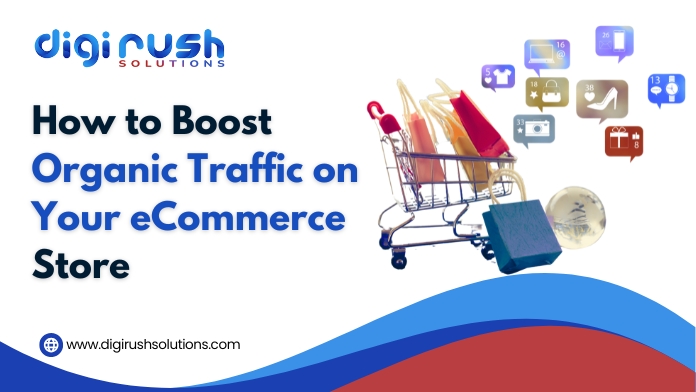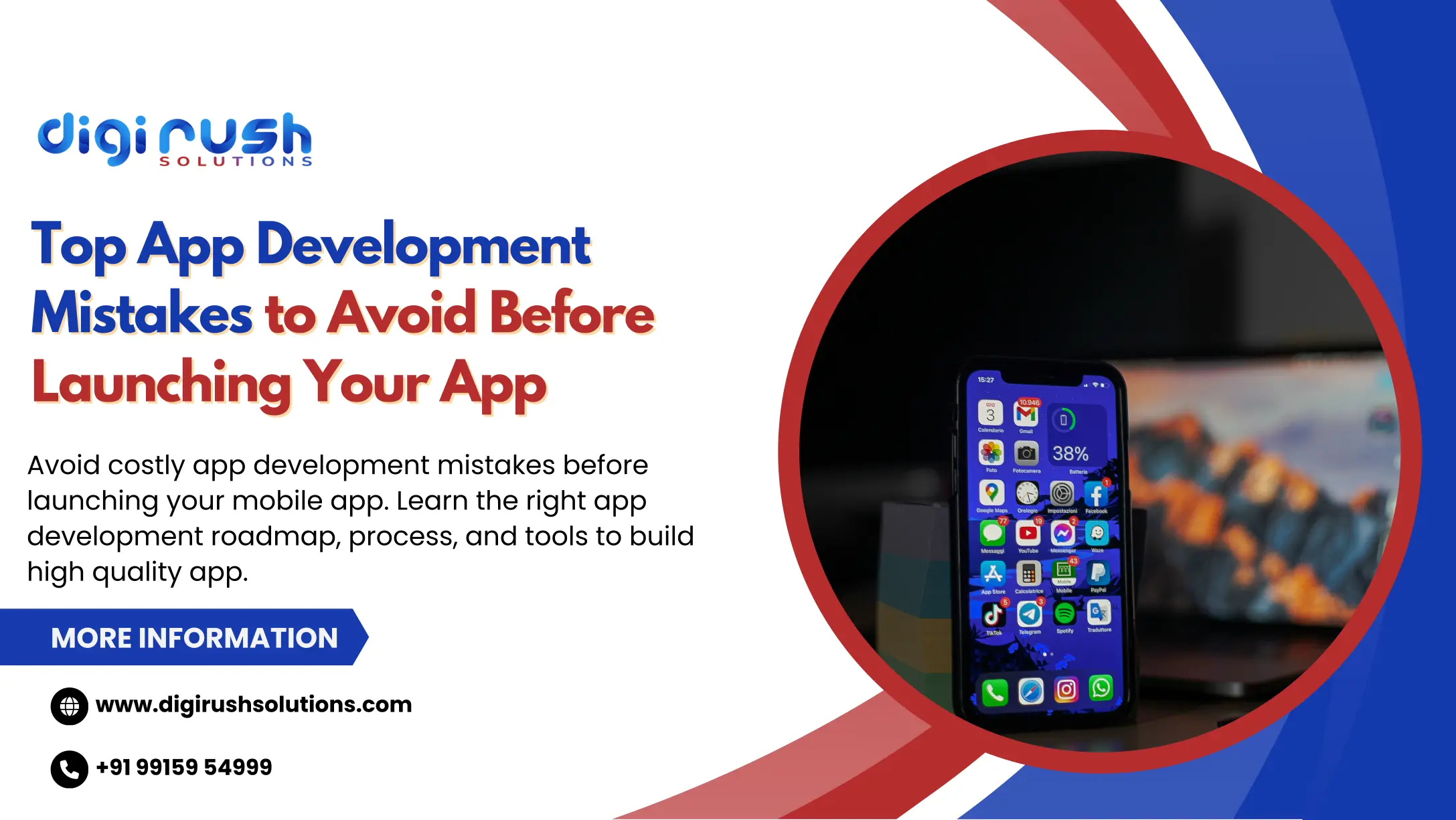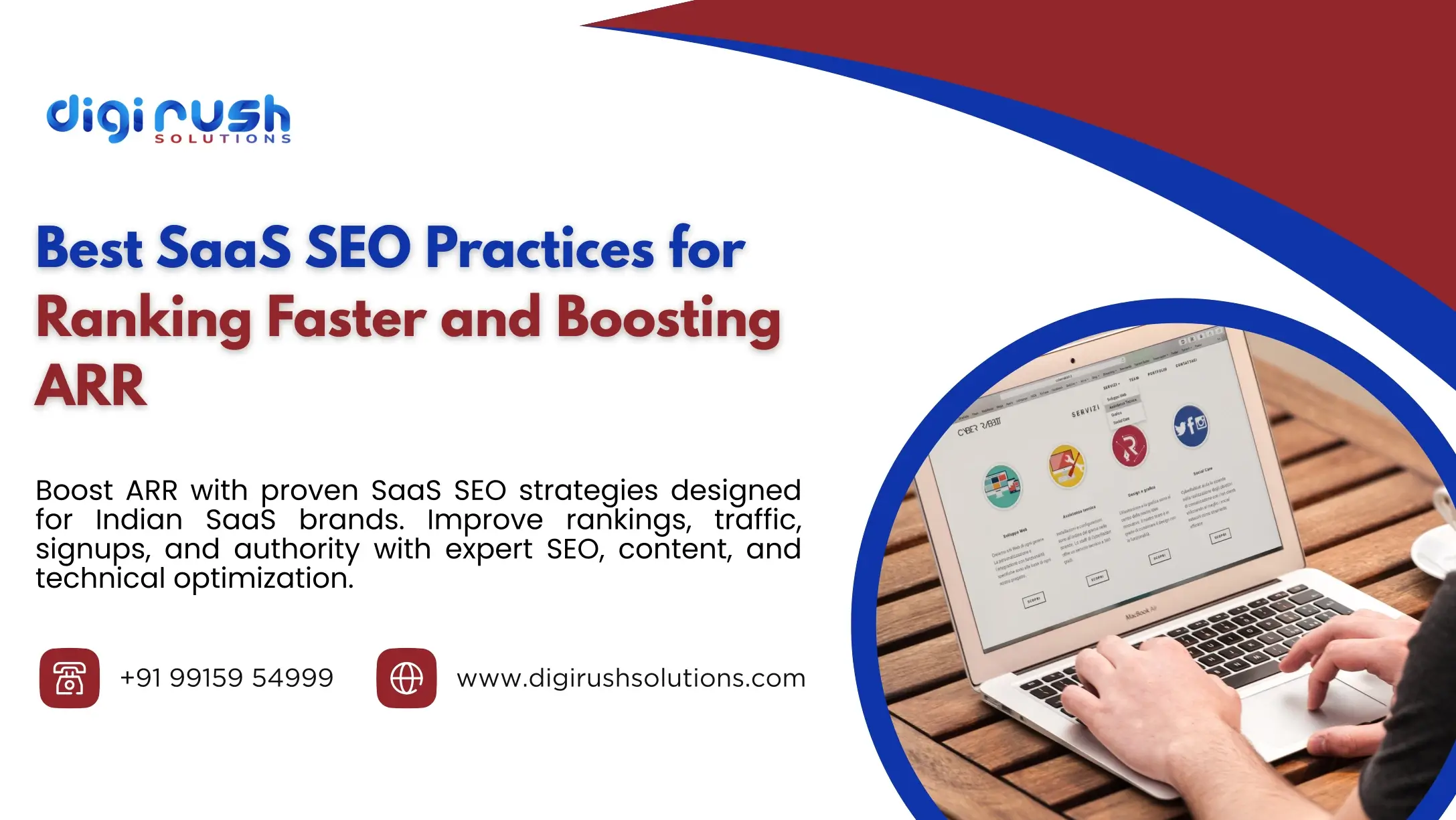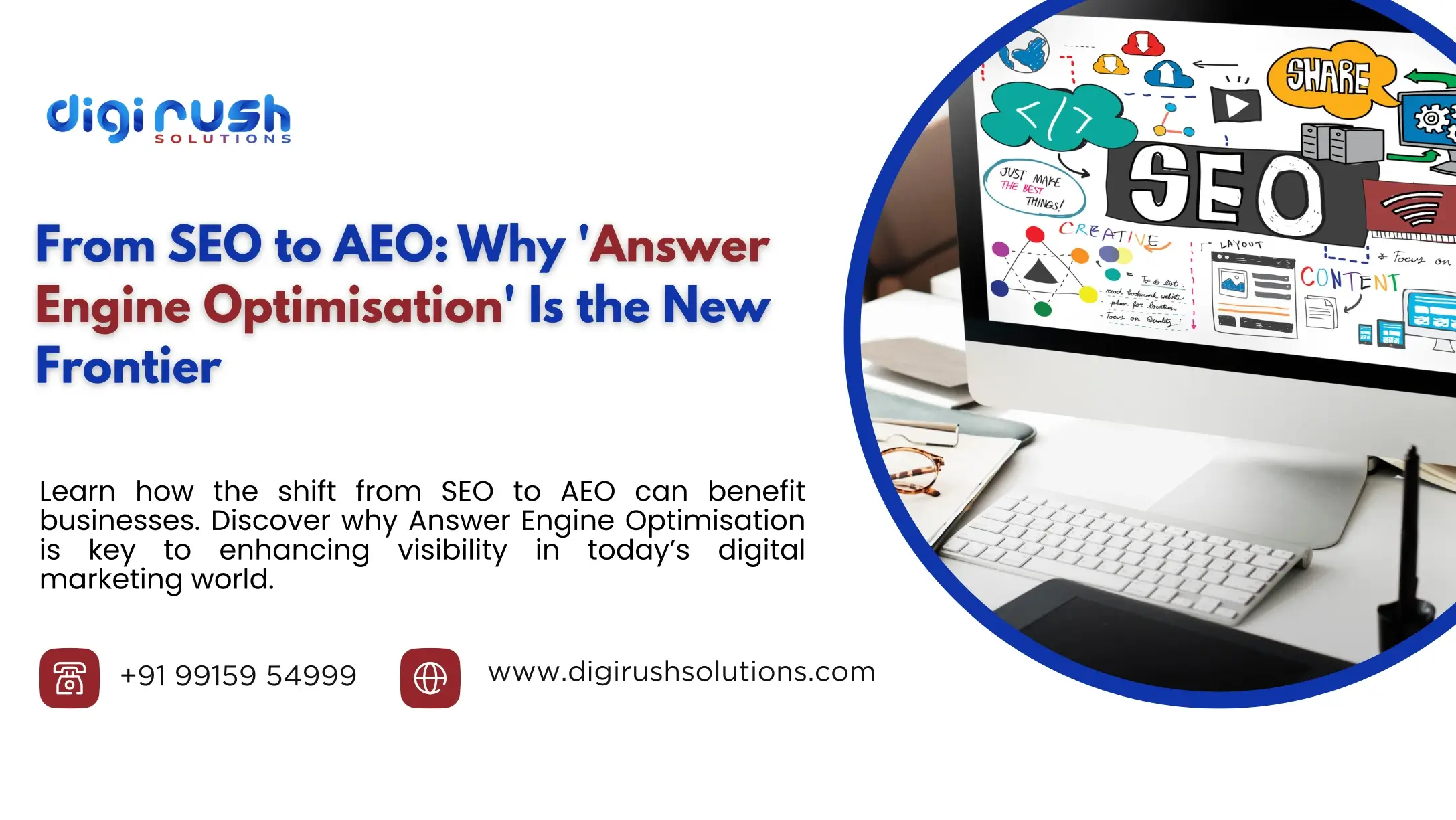
Running an online store without steady organic traffic is like setting up shop in a remote alley—hardly anyone finds you. If your e-commerce store isn't attracting visitors from search engines, you're likely missing out on valuable sales opportunities. To change that, you need a clear strategy that brings qualified customers directly to your site, without relying solely on paid ads. This blog guides you through actionable steps to boost organic traffic and enhance your store's discoverability in search results.
Best Ways to Increase Traffic
If you quickly Google how to increase organic traffic, you'll see common tips listed everywhere—but are they enough to move the needle for your eCommerce store?
These methods may work for some people, but to achieve the best results, you can apply them to increase website traffic further.
Page Optimization
One of the foundational steps in attracting organic visitors is ensuring that every product and category page is fully optimized for both search engines and users. Each page should feature clear, keyword-rich titles, unique, descriptive content, and clean URL structures. Images should be compressed for fast loading and include alt text for accessibility and SEO benefits. Additionally, including structured data or schema markup can help search engines better understand the content of your pages and display rich snippets in search results. Mobile-friendliness and fast load times are non-negotiables in today's search algorithm landscape. Ensuring your page architecture allows for intuitive navigation also contributes significantly to user retention and engagement.
Blog Creation
Adding a regularly updated blog to your e-commerce site not only helps educate your audience but also increases your keyword reach. Blogging enables you to target long-tail keywords and address customer pain points, provide product usage guides, offer comparisons, and highlight seasonal trends. For example, if you sell skincare products, blog posts like "How to Build a Skincare Routine for Oily Skin" or "Top 5 Ingredients to Look for in Anti-Aging Creams" can attract organic traffic from users in the research phase of their buying journey.
Benefits of blog creation include:
- Greater visibility for long-tail keyword searches
- Improved internal linking opportunities
- Increased dwell time on your website
- Establishing brand authority and trust
- Encouraging social shares and backlinks
- Boosting search engine indexing
Keyword Research
Identifying the right keywords is crucial for driving targeted organic traffic. Keyword research should begin with understanding your customers' search intent—are they looking for information, comparing products, or ready to make a purchase? Utilize tools like Google Keyword Planner, SEMrush, or Ahrefs to identify high-volume, low-competition keywords that align with your business objectives. Once you've gathered a list, map specific keywords to corresponding pages on your site. This helps avoid keyword cannibalization and ensures each page has a clear focus. Keep in mind that keyword trends evolve, so revisiting and refreshing your research every few months can keep your SEO strategy aligned with current search behaviors.
Competitor Analysis
To stand out in a competitive market, you need to understand what your competitors are doing right—and where they are falling short. Start by analyzing their top-ranking pages, backlink profiles, keyword targets, and content strategies. Tools like SpyFu or Ubersuggest can provide a detailed look at your competitors' organic strategy. Observe how their site architecture is structured, how frequently they update content, and what kind of engagement they generate. This can uncover opportunities for your site to rank for underserved or overlooked keywords. By identifying these gaps, you can create more valuable and comprehensive content that better meets user intent than your competition.
Create Meta Titles and Descriptions
Meta titles and descriptions are your digital storefront in search engine results. They should not only be optimized for SEO but also crafted to entice clicks. A well-written meta title includes the primary keyword and reflects the page's content, all within the 60-character limit. Meanwhile, a compelling meta description should highlight the key benefits or information found on the page, encouraging users to click through.
Best practices for crafting meta tags:
- Use the primary keyword naturally
- Keep meta titles under 60 characters
- Limit meta descriptions to 160 characters
- Include a call to action if possible
- Avoid duplicate meta tags across pages
- Ensure relevance between tags and page content
Technical SEO Audit
Even the best content can underperform if your technical SEO is lacking. A comprehensive audit helps identify issues that could hinder your site's performance. This includes checking for crawl errors, broken links, duplicate content, and site speed problems. Your website should have an XML sitemap and a robots.txt file to guide search engines effectively. Implement canonical tags to prevent duplicate content issues and use HTTPS for secure browsing.
Important areas to audit include:
- Site speed and mobile responsiveness
- Broken links and redirects
- Crawlability and indexation
- Structured data and schema
- Duplicate content issues
- Secure HTTPS implementation
Social Media
While social media may not directly influence rankings, its role in boosting organic traffic is undeniable. It increases your content's visibility and drives referral traffic to your website. Sharing blog posts, product updates, and promotional content across platforms like Facebook, Instagram, Twitter, and LinkedIn can attract more visitors. Additionally, engaging with your audience through comments, polls, and direct messaging enhances brand loyalty and increases the likelihood of shares and backlinks.
Tips to use social media effectively:
- Share content regularly with visuals
- Encourage followers to visit product pages
- Partner with influencers to extend reach
- Use hashtags and keywords in posts
- Promote seasonal offers and launches
- Optimize profile bios with site links
Build Relevant Backlinks
Backlinks remain one of the most important ranking signals in SEO. High-quality backlinks from authoritative websites act as endorsements of your content's value. Focus on building relationships with industry blogs, influencers, and publications for guest posting opportunities. Creating valuable, shareable content such as infographics, case studies, and research can naturally earn links. Also, reclaim any broken or lost links to your website using tools like Ahrefs.
Effective backlink strategies include:
- Guest blogging on relevant sites
- Outreach to journalists and bloggers
- Creating share-worthy infographics
- Participating in industry forums and roundups
- Submitting to business directories
- Reclaiming broken links to your content
Conclusion
Boosting organic traffic for your online store is a multifaceted process that involves optimizing every aspect of your website, from technical performance to content strategy. While quick wins are possible, sustainable growth depends on consistent effort and a well-rounded SEO approach. If you're looking to scale effectively, investing in ecommerce SEO services can provide you with the expertise and resources needed to implement these strategies efficiently.
Recent Blog











